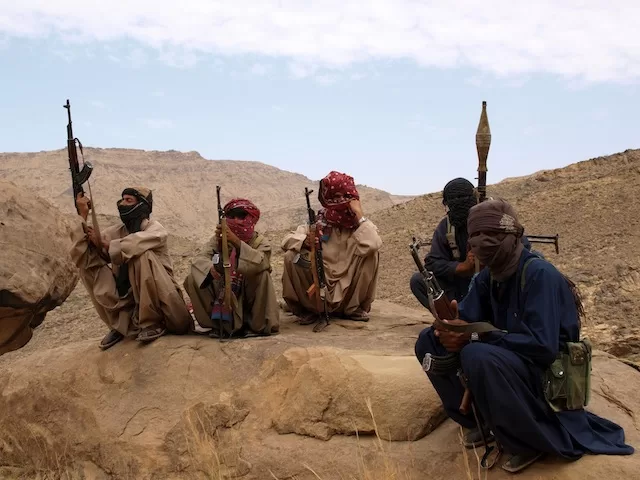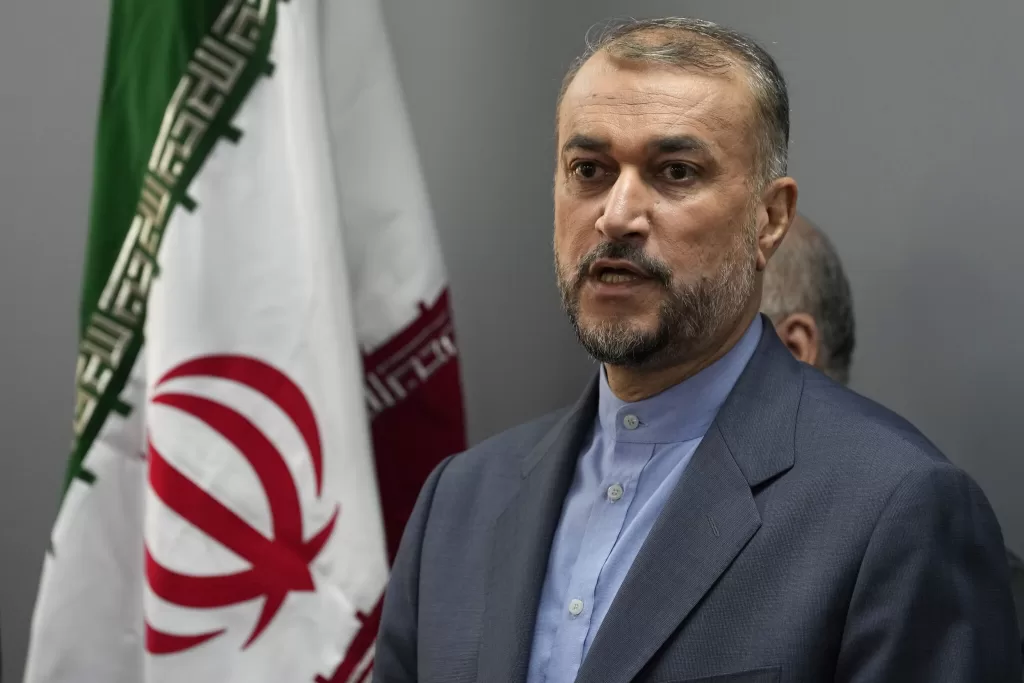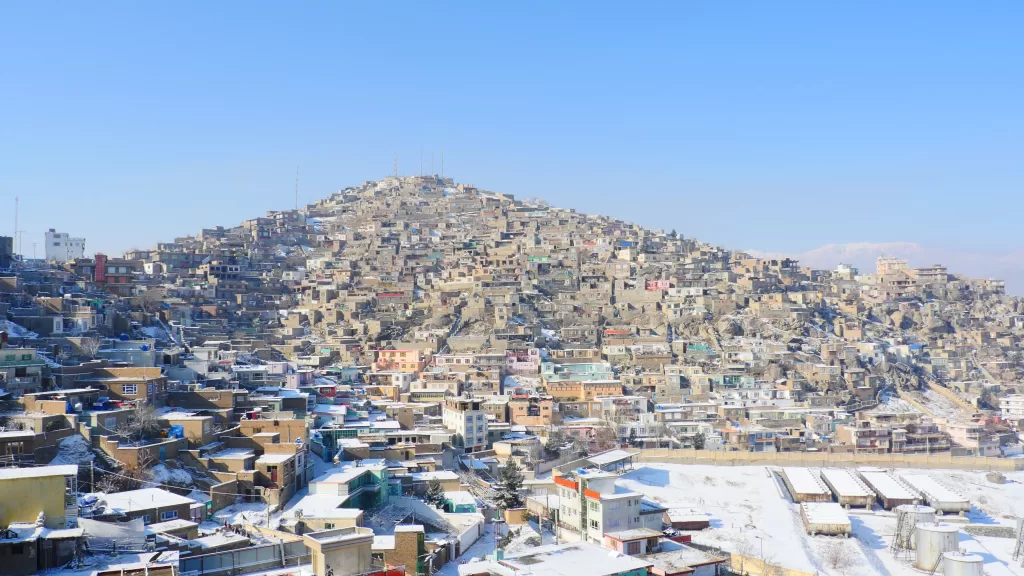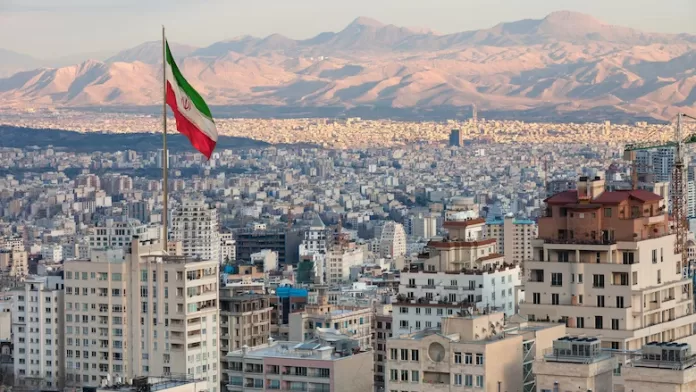Iran has gambled and it has lost. Tehran’s decision to fly-in drones backed with precision-guided missiles deep into Pakistan’s side of restive Balochistan was a fiasco. It was a perfect misadventure, and uncalled for. It was, at least, not expected from a prudent and wise leadership like the one in Iran after the 1979 Islamic Revolution to act in such a hasty manner, and burn its fingers. Notwithstanding, who in the Islamic Republic’s power corridors sanctioned the ‘act of war’ against Pakistan, whether it is the trigger-happy and obsessive Islamic Republican Guards or a bogged-down Presidency of Ebrahim Raisi, the bottom line is that the brotherly chord of neighbourhood has gone for good.
Now nothing but a prolonged phase of de-escalation and confidence-building measures can come to re-set the ties in the long term, but never undo the damage that was done in a jiff. It is rightly said that “misunderstandings are so powerful that they can break the most beautiful relationship just in a second.” That was the case as Iran opted to target Jaish Al-Adl sanctuaries inside Pakistan’s Balochistan, as it went on to revenge reportedly for the deadly bombing in Kerman. More than 100 Iranians were killed on the eve of its military General Qasim Soleimani’s fourth death anniversary a few days ago, and the dreaded Jaish was accused of it. But the misguided Iranian artillery did not land on terror camps and rather killed a number of Pakistani civilians. If the power-that-be in Tehran had expressed remorse and regret over this jingoism, it could have stemmed a drastic fallout. But what was seen from the pulpit and podium was that Iran indulged in some chest-thumping, and its tail-teasing media made fun of Pakistan’s counter-terrorism policy. This is where the cat spilt the milk, and was embarrassed too!
Pakistan’s qualified military response, within 48 hours, was understandable and well within its sovereign rights. Before retaliating on ‘terror’ bases inside Iranian province of Sistan-Baluchistan, Islamabad held high a leaf of diplomacy, and categorically made Tehran realize that this highhandedness and sabotage from Iran is unacceptable.
A number of quick-fix steps that Pakistan took were unprecedented, and not witnessed even with messy neighbours like India and Afghanistan. It instantly decided to downgrade the diplomatic profile and called back its emissary from Tehran, and was impolite enough to ask the Iranian Ambassador Reza Amiri Moghaddam not to report back to Islamabad.
The wording of its Presser from the Foreign Office was superb, as it made the Iranians aware that it had struck back on an ‘ungoverned piece of territory’, and not on civilian inhabited areas as the Islamic Republic did! It did not stop here, and the very same midnight it conducted operation ‘Marg Bar Sarmachar’, and targeted fugitive organizations: Balochistan Liberation Army (BLA) and Balochistan Liberation Front (BLF), holed up in Saravan, Iran.

While two wrongs do not make a right, this tit-for-tat was required, and was rational in power politics, per se. Pakistan proved that it has zero-tolerance towards aggressive stunts: be it from any side of its neighbourhood. Upholding its sovereignty and territorial integrity is a foregone conclusion, and there was not much to dilate over it by keeping the cool. It made all and sundry realize that the aggression has been rendered a proportionate and precise rejoinder, and that too in real time. The armed forces were up to mark, and did what was professionally expected of them. This piece of prompt and correct decision-making by the military has won the hearts of even those who nurse severe policy differences with them over the former’s rubbing of shoulders in the political context these days.
Let us now take a look at factors that led to this brinkmanship from Iran, and why Pakistan did not do the same with Afghanistan and the United States, as it has come under attack from them for umpteenth times in the last many years?
The January 17th miscalculation on the part of Tehran must be owing to misreading of the script too. It is a fact that the Islamic Republic is under immense pressure on its domestic front, especially after the Kerman bombing. This is why it did little or no homework before attacking Jaish hideouts in Pakistan.
It could have been done in a better way by coordinating with Pakistan before the strike as both the countries have a counter-terrorism mechanism in vogue, and their coordination at the state level is extraordinarily cordial.
Army Chief General Asim Munir recently undertook a visit to Iran, and was on board in choreographing a regional response to fissures such as terrorism and dividends in the form of connectivity. It is strange that the hot-line did not ring at GHQ or at the Foreign Office, and Iran thought it appropriate to go solo.
Moreover, it erred in taking the Pakistani leadership present at Davos into confidence, and Iranian Foreign Minister Hossein Amir-Abdollahian was silent. Apparently, he himself was not on board as his country’s elite military generals went over the brink.
Pakistan’s befitting response too by striking Iranian territory by missiles was done also under domestic pressure. It was desired that the Pakistan Army must respond, and should not take the embarrassment of keeping silent and looking the other way around. The security threats emanating in Khyber-Pakhtunkhwa and Balochistan, owing to regrouping of terror outfits coupled with blatant interference and inflow of men and material in the last few months, had pushed the military on the edge. Keeping quiet over the Iranian stunt would have sent the wrong signals, and then recollecting the indigenous mosaic would have become problematic. There is a flip side, too, which is a probability of this action-and-reaction saga. The aerial strikes have invoked the concern of flagging sectarian sentiments in Pakistan. Pro-Iranian Shia elements are already mulling street protests and believe that the responsive attack on Iran was ‘unwarranted’. This situation could create a law and order problem that would lead to civil strife and further the political and economic instability in Pakistan. This conundrum is deadly, and the sooner it is addressed with empathy, the better.

Last but not least, there comes the conspiracy factor. It is possible that there could be a foreign hand, covertly working to destabilize the region by pitching Iran against Pakistan. The logical beneficiary of this discord would be none other than the United States and Israel. This rupture would come to further their extended geopolitical interests, as the rift and a plausible war-mongering will be between two nuclear entities.
Pakistan is a de jure nuclear power, whereas Iran is one de facto, with a bomb being allegedly developed behind the curtains of sanctions and intimidation. Thus, it will be like killing two birds with a single stone, if the neighbours go on escalating the conflict.
Likewise, there is the tendency in both the countries to misread each other from the prism of the United States and India! For Iran, Pakistan is a US-ally, and is part and parcel of Pentagon’s designs in the region. Thus, trusting it comes with a cost. Similarly, Pakistan is suspicious of Iran for quite some time, and smells a rat as Tehran inclines towards New Delhi to further its strategic objectives. The meeting of Indian External Affairs Minister Dr S Jaishankar with his Iranian counterpart hours before the attack on Balochistan, and the legacy of Kulbushan Yadav, the Indian spy caught by Pakistan a few years ago thicken the plot.
All said and done, the question that still merits a researched answer is why Pakistan has not responded by military means to Kabul and Washington, irrespective of the fact that Pakistan was made to bleed more than once, and the impugned war on terrorism is a case in point.
Pakistan did not retaliate to the US-led NATO forces that killed dozens of Pakistani soldiers in November 2011 at Salala check-post. It merely suspended the supplies and transit access to the coalition forces in Afghanistan. Not to count the transgression of its sovereignty as US Navy SEALS conducted an operation in Abbottabad, to plug out world’s deadly terrorist, Osama bin Laden.

In the same vein, there have been many hot-pursuits on the part of non-state actors on the run in Afghanistan, and Kabul is squarely responsible for inaction. Pakistan did not go for boots on the ground or flying sorties in retaliation! Is this a paradox? Pakistan must do some plain-talking to put the record straight.
A holistic picture cannot be understood without reading the factors behind Iran’s political resurgence. The carnage in Gaza and the inability of the Muslim world to prevail over Israel and the United States has put Iran in the driving seat of leadership.
Iran is flexing its muscles, and making use of proxies all over the Middle East to make its presence felt. The proactivity by Houthi Shia militants in Yemen, and their dare-devil attacks on Israeli vessels in the Red Sea is showing up on Iranian maps. This is so because Washington’s leverage is waning, and its diplomacy is infructuous owing to blatant bias towards the Zionist state. This is why America’s authority is now openly scorned, forcing even its Arab allies to keep their fingers crossed.
Tehran’s new-found love with Beijing and Moscow has enabled it to come out of decades of isolation, and its economy is gradually bouncing back. Thus, the ‘axis of resistance’ that Iran has come up with Syria, Lebanon, Iraq, Yemen and even Azerbaijan is tilting the Islamic Republic towards power intoxication. Suffice it to say that Tehran’s, of late, decision to throw the lid off, and enrich Uranium at its nuclear facilities brings it back in the game of big powers. Probably, it is in a triumphant mood after surviving sanctions and putting down internal protests successfully.
If that power-perspective has compelled Iran to take on Pakistan as a minion state that would not respond to transgression of its territorial sovereignty, it has proven a thoroughly misguided assumption.With Islamabad having its own dirty linen to wash in Balochistan in the form of an insurgency, and its bordering areas in a meltdown at the hands of terrorism, it will be futile to believe that one more off front from Iran will ever be tolerated. Thus, the surgical response and diplomatic snub was ordained.
Now is the time to step down from the ladder and deescalate the situation. Iran and Pakistan have no choice but to return to cordiality and to keeping away the centrifugal fissures for a reassured and reliable neighbourhood.




